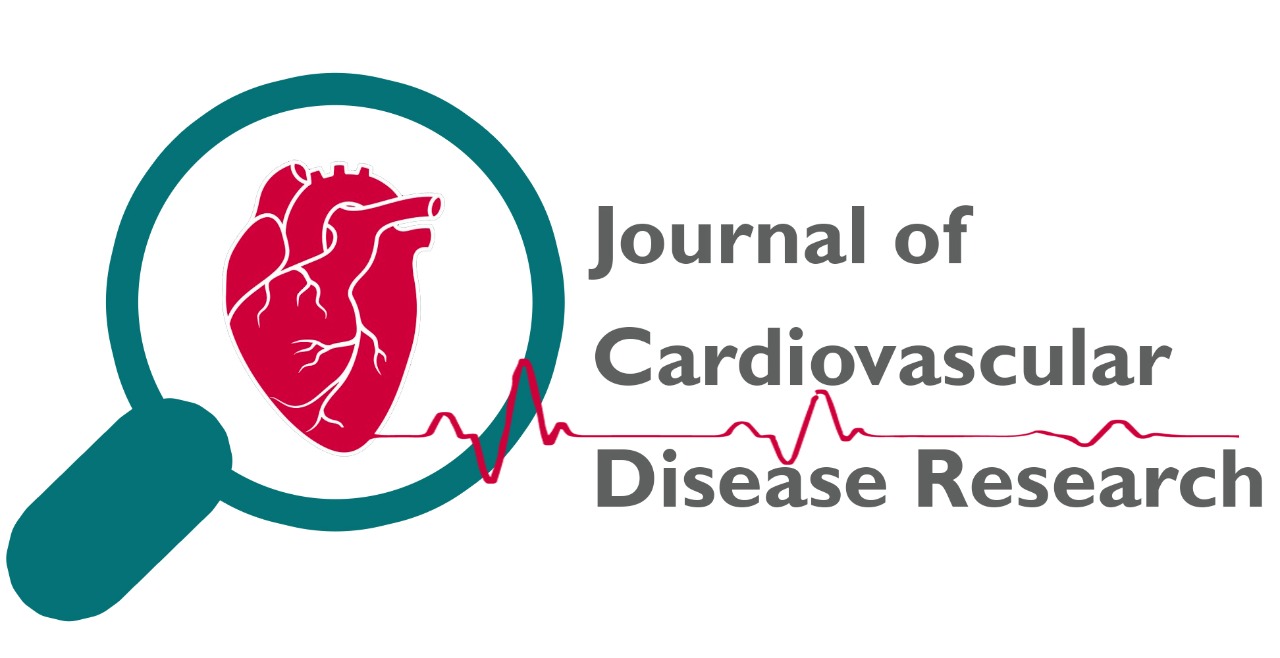
MRI in patients with dengue encephalitis: A prospective study
Dr. Sanjeet Mishra
JCDR. 2017: 78-82
Abstract
Dengue counts among the most common arboviral illnesses, representing the fastest spreading tropical disease in the world. It is considered the second leading cause of acute febrile disease in travelers. Four different serotypes (DENV-1, -2, -3, and -4) cause dengue fever, with various infectious outcomes (asymptomatic to severe hemorrhagic fever). Dengue is prevalent in 128 countries, and more than 2.5 billion individuals are in danger each year of contracting dengue virus worldwide. Material & Methods: This is prospective study conducted at Department of Radio diagnosis, Kalinga Institute of Medical Sciences from November 2016 to April 2017 among 48 serologically proven dengue patients presenting with neurological symptoms and undergoing brain MRI over a period of 6 months were included. The diagnosis of dengue encephalopathy or encephalitis was established by presence of signs/symptoms of acute encephalitic syndrome with the presence of IgM antibody against dengue antibody in the serum and/or presence of dengue antigen (NS1) in serum. Any patients found to have positive serological test for malaria, leptospirosis, scrub typhus, Chikungunya, JE virus, and Herpes simplex virus (HSV) encephalitis were excluded from the study. Results: A total of 48 patients (29 men, 19 women; mean age of 29.84 years and age range of 2–70 years) were included in this study. Twelve patients (25%) were in the pediatric age group (<18 years of age) whereas the rest were in the adult age group. Of 48 cases, 15 cases were found to have no significant abnormality on MRI. Varying degrees of abnormality were found in rest of the 33 patients. The imaging findings are described based on a pattern recognition approach. Conclusion: MRI is an important tool for demonstrating the degree of brain involvement in dengue infection. Although the findings are not entirely unique to dengue, it can help to narrow down the list of differential diagnosis particularly when coupled with serological tests and CSF analysis. A pattern-based approach to evaluating the brain MRI in combination with patient's clinical details in the setting of dengue can help the radiologist to identify the definitive underlying pathologic process. This is of particular significance in differentiating between dengue encephalitis and post-dengue ADEM because of their different treatment strategies.
Description
Volume & Issue
Volume 8 Issue 2
Keywords
|
This is an open access journal which means that all content is freely available without charge to the user or his/her institution. Users are allowed to read, download, copy, distribute, print, search, or link to the full texts of the articles in this journal without asking prior permission from the publisher or the author. This is in accordance with the Budapest Open Access Initiative (BOAI) definition of open access.
The articles in Journal of Cardiovascular Disease Research are open access articles licensed under the terms of the Creative Commons Attribution Non-Commercial License (http://creativecommons.org/licenses/by-nc-sa/3.0/) which permits unrestricted, non-commercial use, distribution and reproduction in any medium, provided the work is properly cited. |
|
|
|
|
|
Copyright � 2022 Journal of Cardiovascular Disease Research All Rights Reserved. Subject to change without notice from or liability to Journal of Cardiovascular Disease Research.
For best results, please use Internet Explorer or Google Chrome POLICIES & JOURNAL LINKS
Author Login
Reviewer Login About Publisher Advertising Policy Author's Rights and Obligations Conflict of Interest Policy Copyright Information Digital Archiving & Preservation Policies Editorial Policies Peer Review Policy Editorial & Peer Review Process License Information Plagiarism Policy Privacy Policy Protection of Research Participants (Statement On Human And Animal Rights) Publication Ethics and Publication Malpractice Statement Corrections, Retractions & Expressions of Concern Self-Archiving Policies Statement of Informed Consent Terms of Use |
Contact InformationJournal of cardiovascular Disease Research,
|




